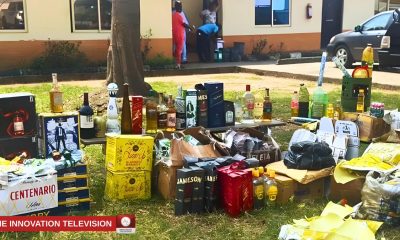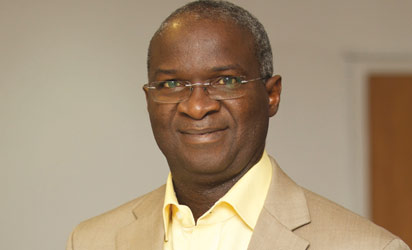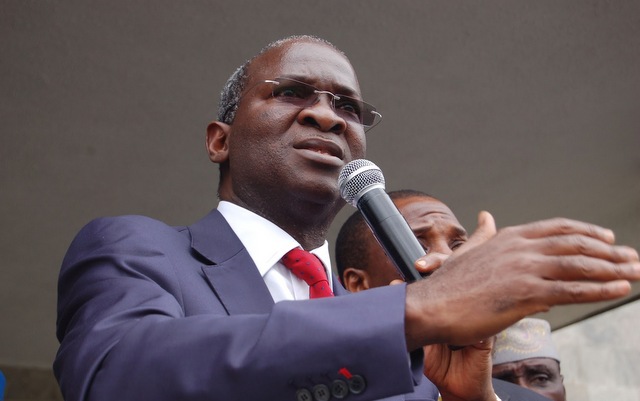Minister of Power, Works and Housing, Mr. Babatunde Fashola, has reiterated its commitment to the success of the privatisation of the power sector, adding that those calling for the cancellation were being economical with truths.
Fashola, who spoke at the third edition of National Council on Power (NACOP) with the theme: “Complementing Power Sector Reforms” in Jos, said although he agreed that there were problems with privatization, four years was not enough to change what could not be done in 60 years in the electricity distribution sector.
“That is why we developed the Power Sector Recovery Programme (PSRP), which are a set of policies, programmes and actions aimed at solving generation, transmission, distribution, liquidity, metering, estimated billing, energy theft, safety and other challenges.”
“While we are beginning to see results of increased generation up to 7001MW on September 12, 2017, Transmission up to 6,700 MW and Distribution 4,600, it is not yet enough.”
The minister lamented that that stealing and vandalisation of electricity equipment were part of the challenges that Distribution Companies (Discos) were faced with, which has invariably affected their ability to perform at full capacity.
ALSO SEE: Lawmakers’ salaries: Meeting with Saraki raises more questions than it answers – SERAP
Stressing that the largest beneficiaries of the power sector reforms were Nigerians, Fashola therefore challenged states and local governments to be ready to play their own role in ensuring the power sector reforms succeed in the interest and growth of the country.
Instead of passing a vote of no confidence on the distribution companies, Fashola said the states should assist them in all possible ways. On allowing states to develop their own power plants, he said government did not stop any state from doing so.
Fashola restated his call on the state governments and individuals to build their own power plants and solar energy.
The minister said, “Among some of the reform actions contained in the Power Sector Recovery Programme being undertaken at Federal Government level, there are other areas of reform, where progress will be defined by what happens at the state and local government and this is one of the reasons why we chose to discuss this theme at this council, where all the states are represented.
“For example, out of the estimated MDA debts of about N90 billion claimed by the Discos, only about N27billion has been verified as debts owed by the Federal Government. There are invoices which show that other parts of the debt are attributable to service points at states and local governments.
“I will urge first that states and local governments insist that their buildings are metered so that they can budget for and pay for the energy they use. It will turn out to be cheaper than diesel-generated power. It will also help reduce the loss of income by Discos.”

 Health1 week ago
Health1 week ago
 News1 week ago
News1 week ago
 Trends2 days ago
Trends2 days ago
 Latest1 day ago
Latest1 day ago
 Health1 week ago
Health1 week ago
 Business1 week ago
Business1 week ago
 Crime1 week ago
Crime1 week ago
 Crime1 week ago
Crime1 week ago






